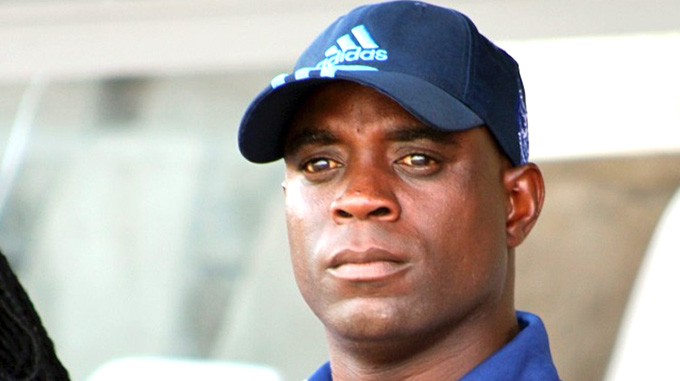Zim not obliged to please the West: UN Rapporteur

Zvamaida Murwira Senior Reporter
Zimbabwe is not obliged to satisfy the requirements imposed by the United States and other countries as conditions set to remove sanctions because the sanctions were illegal from the beginning, visiting United Nations Special Rapporteur Professor Alena Douhan said shortly before leaving the country.
Given that the sanctions lacked legitimacy, Zimbabwe has no obligation to establish whether conditions that form the basis of the imposition of the sanctions have been met.
Speaking on Thursday during a media conference after presenting her preliminary report following the end of her 10-day tour she was asked if Zimbabwe had done enough to warrant the removal of the sanctions.
In response, Prof Douhan said while making that assessment was not part of her mandate, it was preposterous for Zimbabwe to please sanctioning countries given that the sanctions were unlawful.
“I am an international-law professor. As a mandate holder, I am limited to the scope of my mandate. It’s not my purpose to address whether Government did enough. My purpose is to identify whether measures applied to the State were legal or illegal, first, and to collect information about the humanitarian impact of these measures taken,” said Prof Douhan.
It is not possible to apply measures that are in violation of international law and request someone to behave in a certain way to please someone who has violated international law. That is why I have called all parties to structural dialogue, I call all parties to behave in accordance to the rule of law.
“Unfortunately, when I accepted this mandate a year-and-a-half ago, I realised that the whole world is enormously polarised, sanctioning State and States under sanctions do not talk to each other at all. They have absolutely opposite points of view and it does not help to protect human rights. That is why we are saying every action taken must be legal.”
The UN Special envoy has been in the country to assess the impact of the unilateral coercive measures on Zimbabwe in general, and the economy in particular.
She said it was critical that when imposing sanctions, one had to also consider the humanitarian impact on ordinary persons coupled with a monitoring mechanism to assess their impact whenever a need for punitive measures arises.
Prof Douhan said the United Nations Security Council, which is a legitimate authority for imposing sanctions, had since abandoned comprehensive sanctions on a country given the possible humanitarian impact they might have.
“They later looked at the humanitarian impact and as a result, it has changed its policy on comprehensive sanctions and its policy on targeted sanctions is very limited,” she said.
Prof Douhan said while it was true that she was not an employee of the United Nations, she was one of the several Special Rapporteurs appointed by the United Nations Human Rights Council in terms of its special procedures to provide assessment of individual human rights with an independent expert reporting directly to that council or the United Nations General Assembly, which comprised all member countries.
She was responding to inquiries on the basis upon which she was carrying out UN work when she was not employed by the organisation.
“My mandate is part of special procedure. Today there are 55 special rapporteurs focusing either on specific topics or specific countries. Special rapporteurs are indeed not employed by the UN. We are independent experts who, however, have been selected or appointed by the decision of UN Human Rights Council.
We are entitled to do independent research and report directly to the UN Human Rights Council and UN General Assembly. Due to this status, we are also entitled to communicate directly to States as well as institutions, banks or any other companies. All the activities done by special rapporteurs are covered or supported by the Human Rights Council.
As all with other special rapporteurs, I have human rights officers who assist with my work and are provided to me by the Human Rights Council; you see them here and they are assisting me in Geneva in doing regular work and country visits. All the travel expenses and organisational issues are covered by the United Nations,” she said.
Prof Douhan said it was saddening that financial institutions, companies and individuals from sanctioned countries have had to transact through third parties for fear of being penalised by sanctioning countries or have assets frozen.
While there were other factors such as corruption that could be blamed for economic decline, Zimbabwe had done a lot to deal decisively with the corruption vice, including establishment of the Zimbabwe Anti-Corruption Commission and setting up of anti-corruption courts.
She was responding to assertions that corruption and mismanagement were other factors that had weighed down the Zimbabwean economy.
In her report, Prof Douhan said the cost to the economy caused by the unilateral and illegal economic sanctions had ballooned to US$100 billion while the cost of borrowing is over 1 000 percent higher than the average in most countries.
This has worsened the burden on the Government to provide basic social services such as water, health and education, a mess that has ruined livelihoods across the country.







Comments